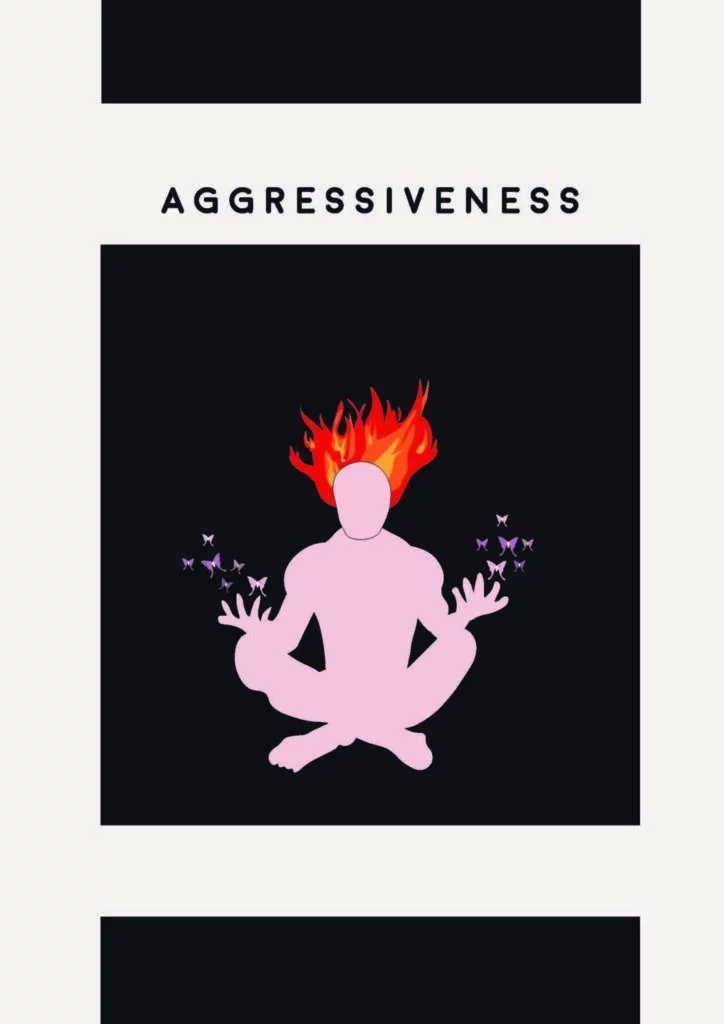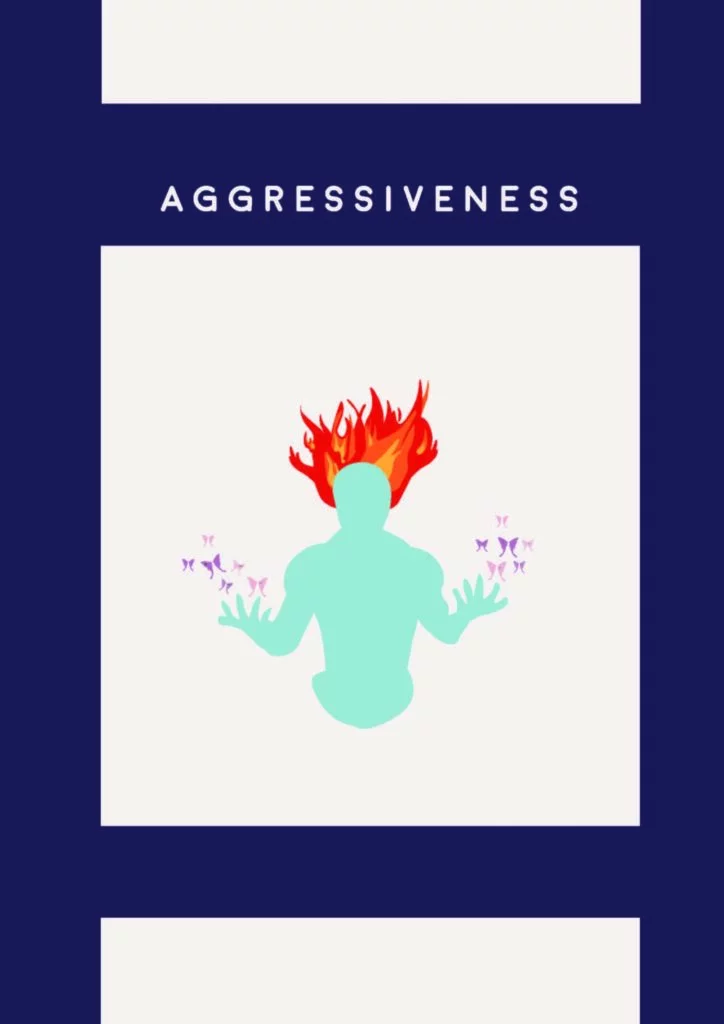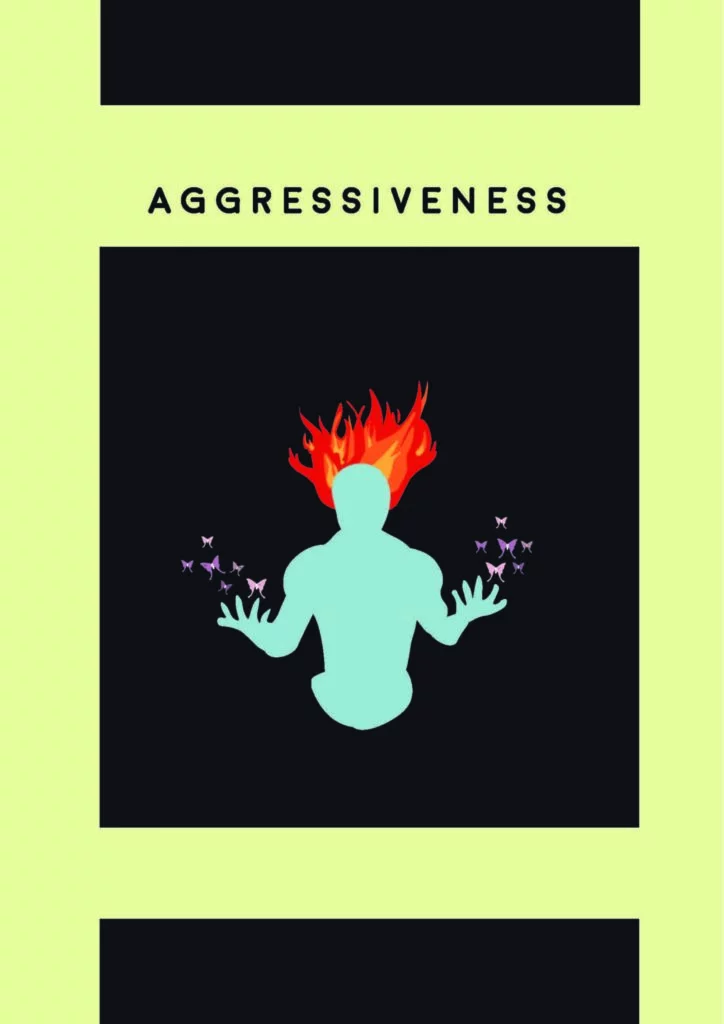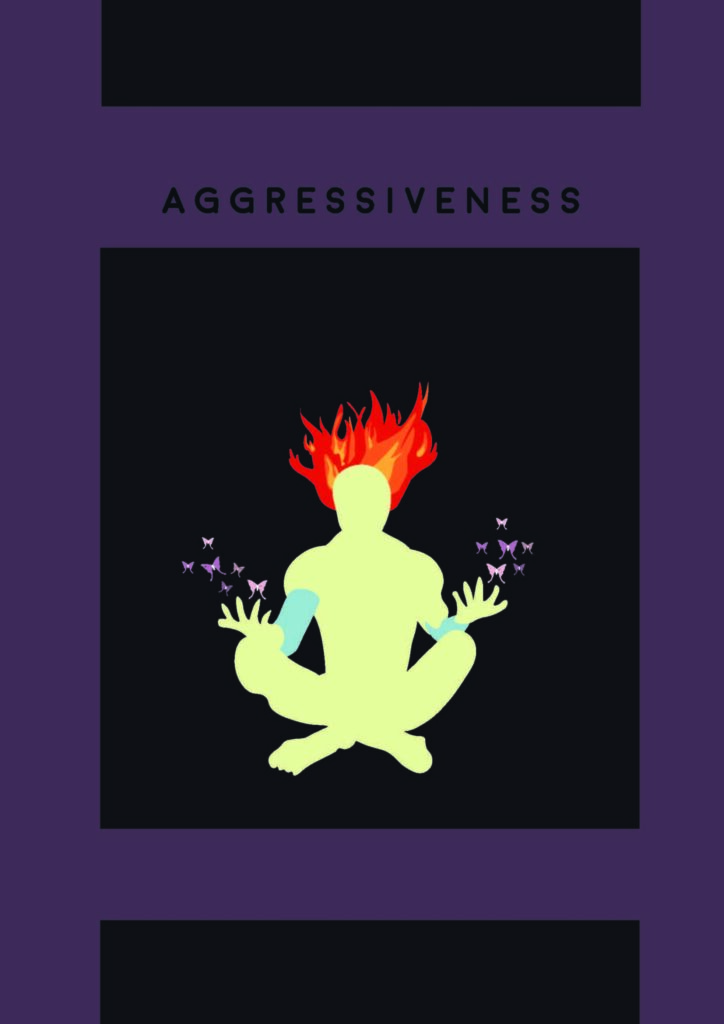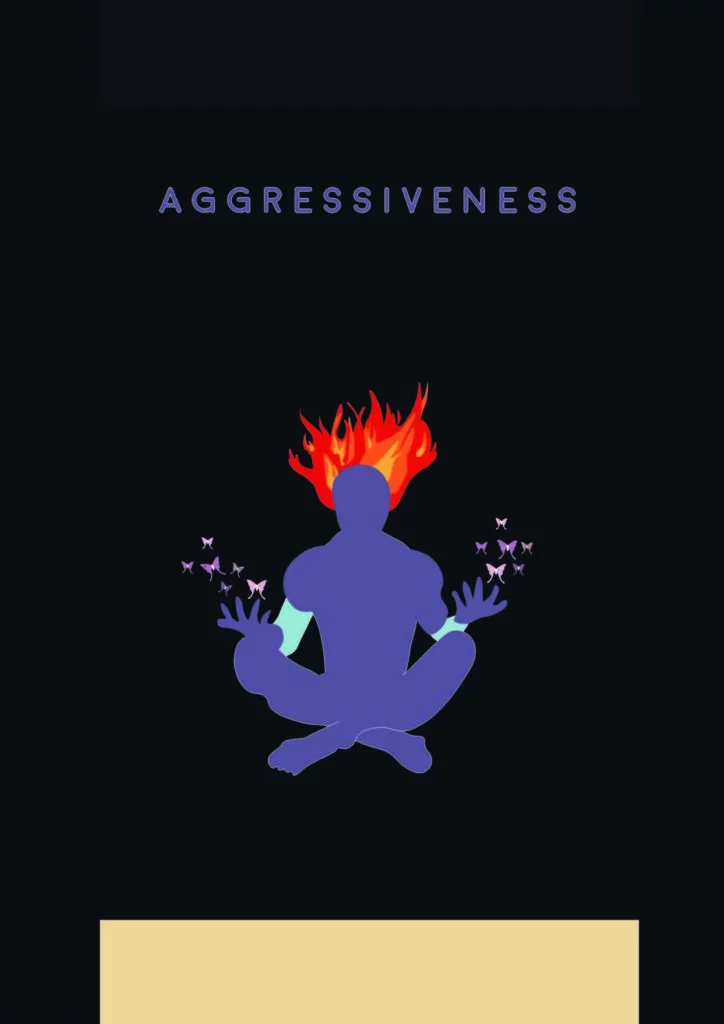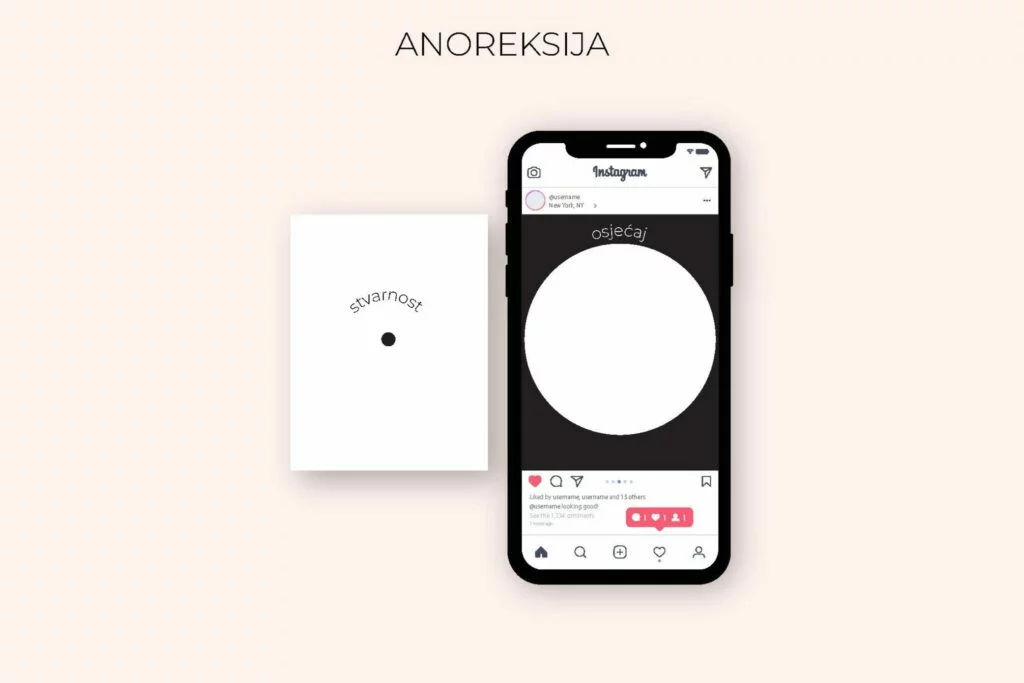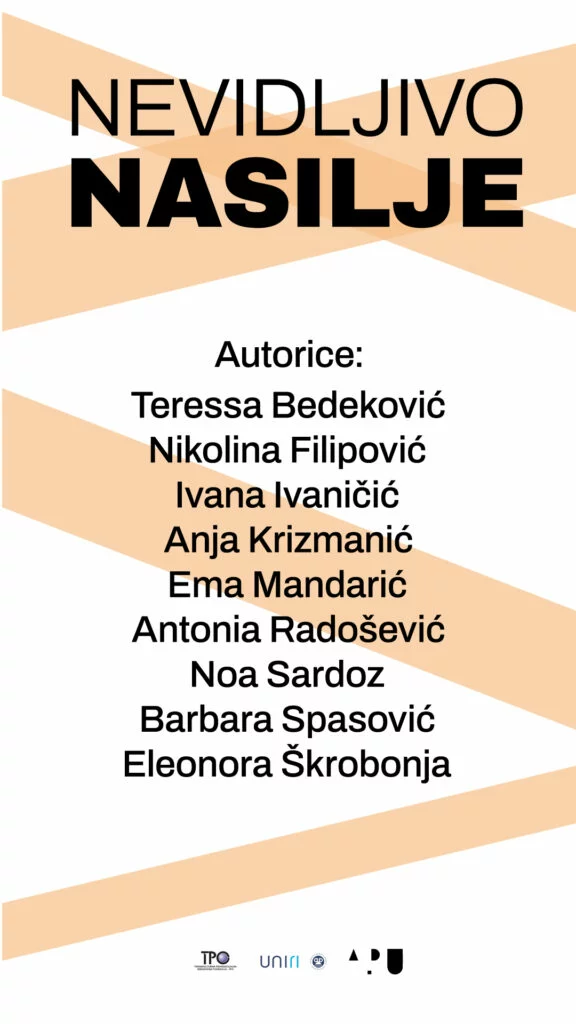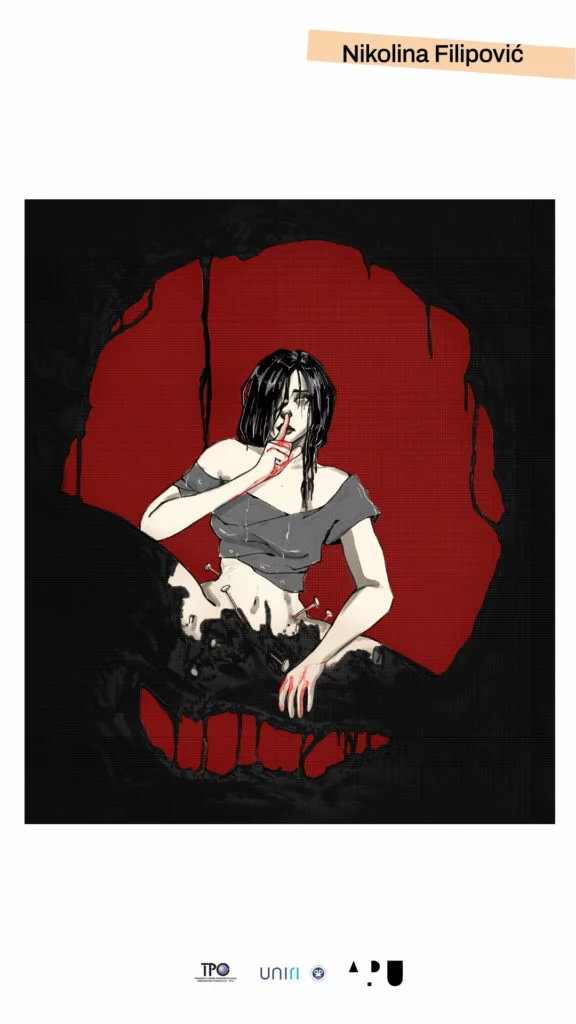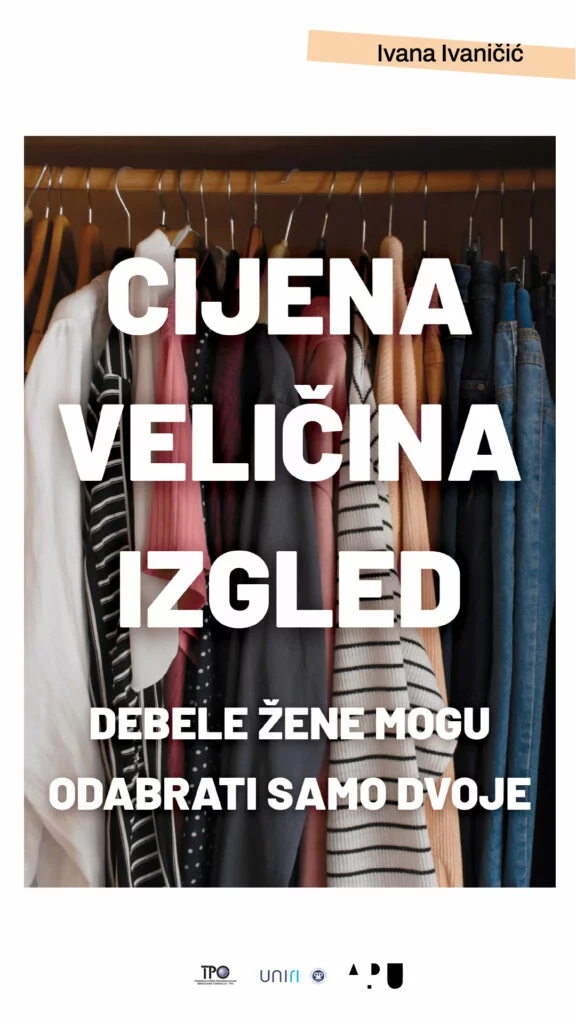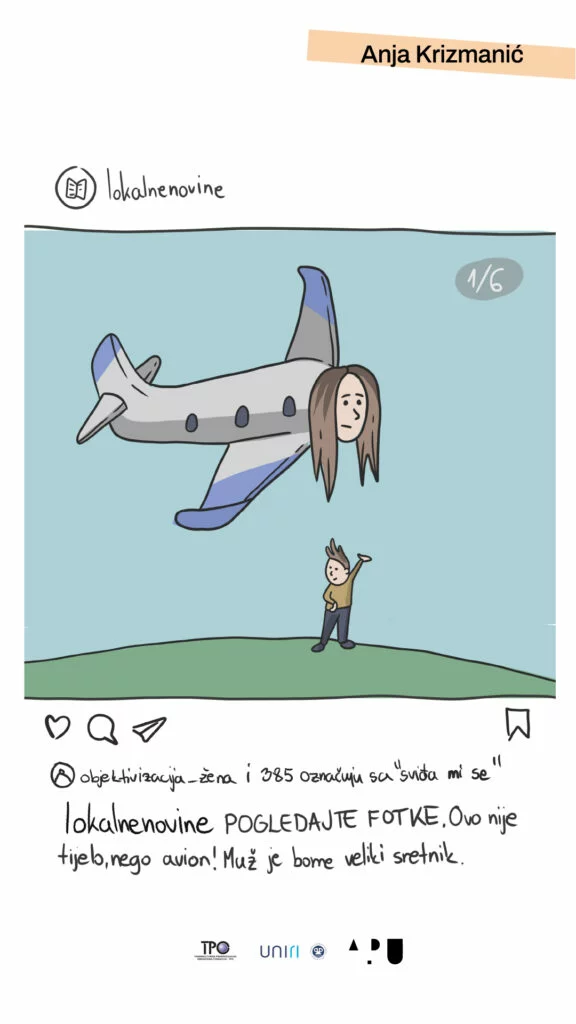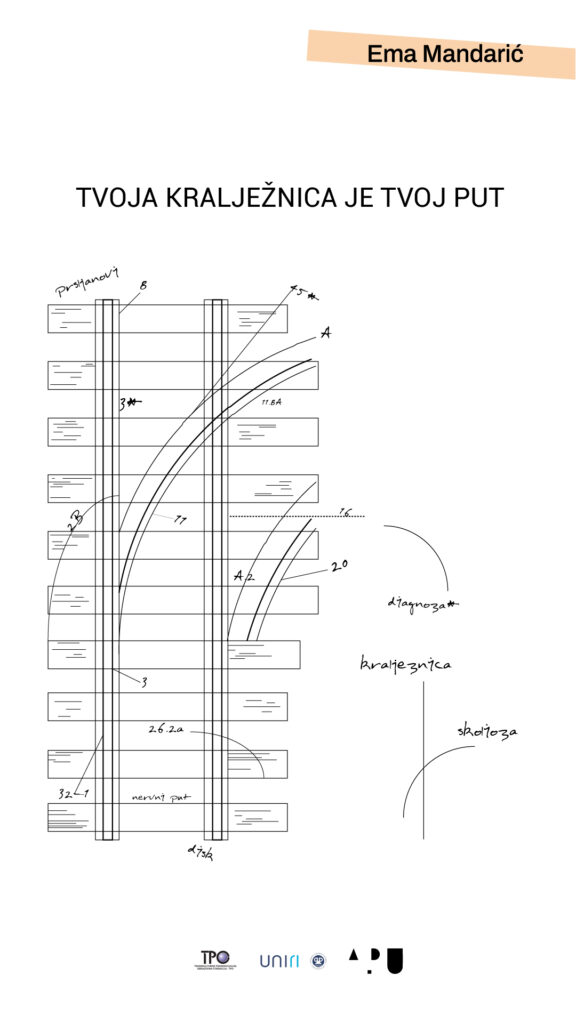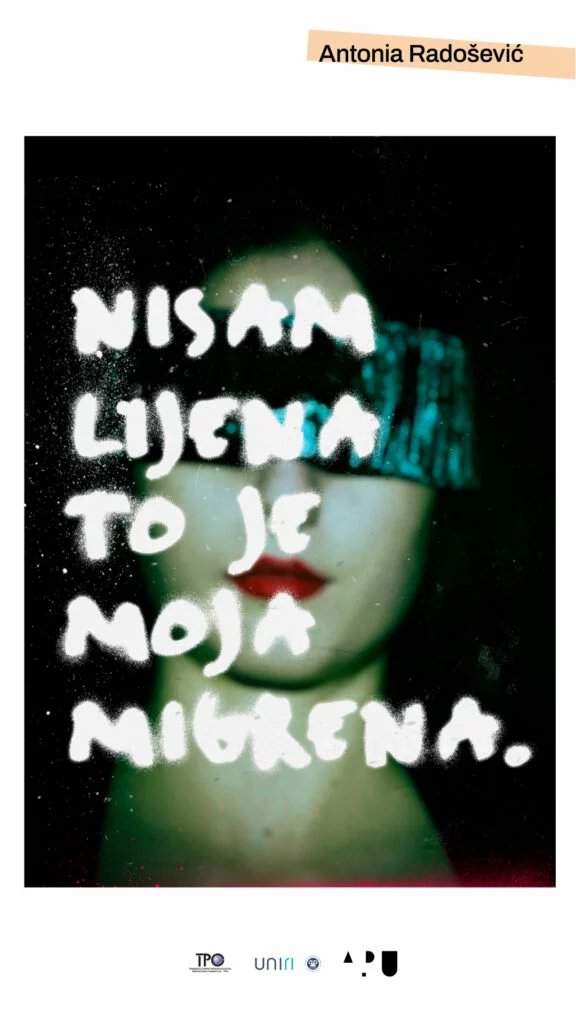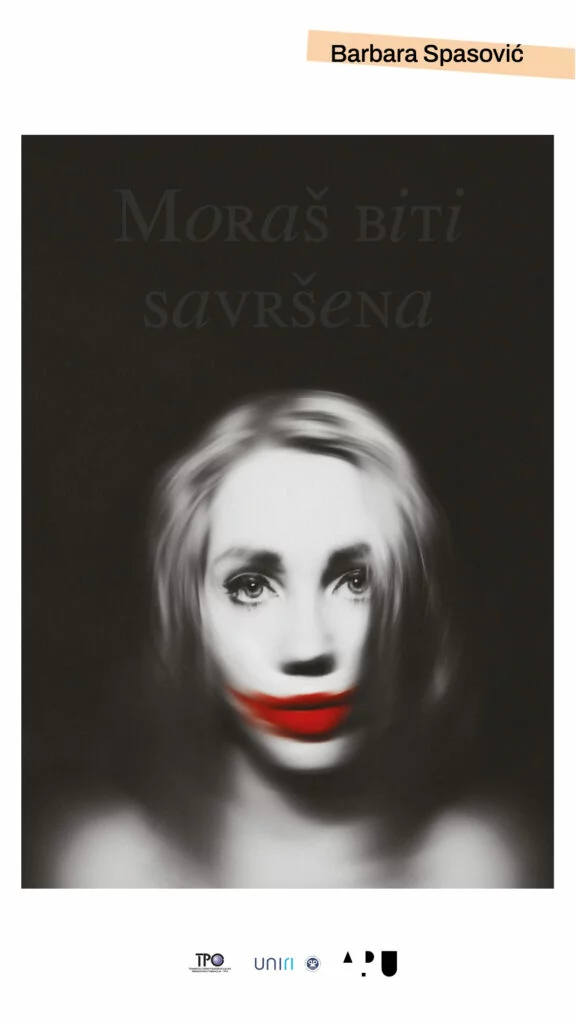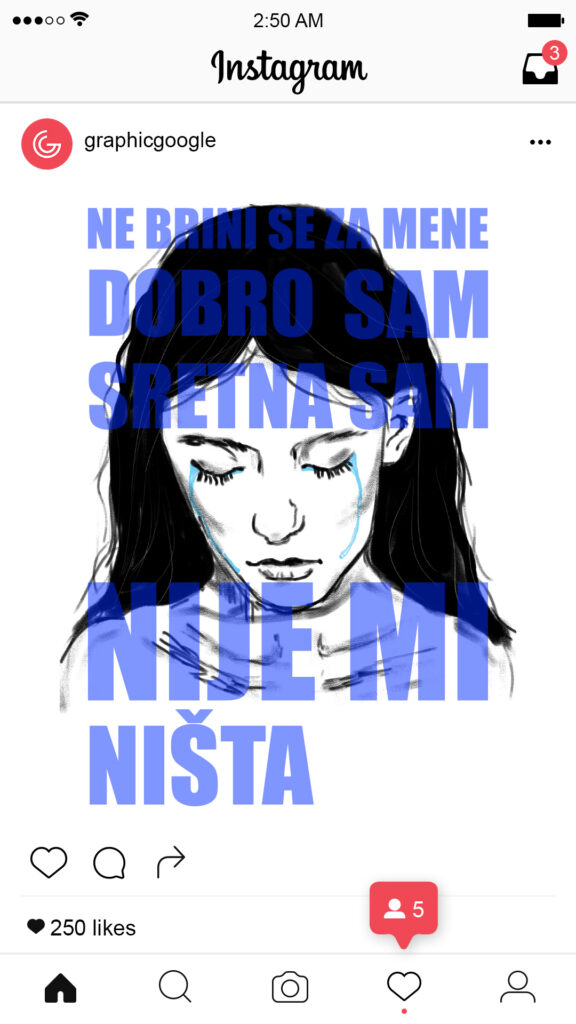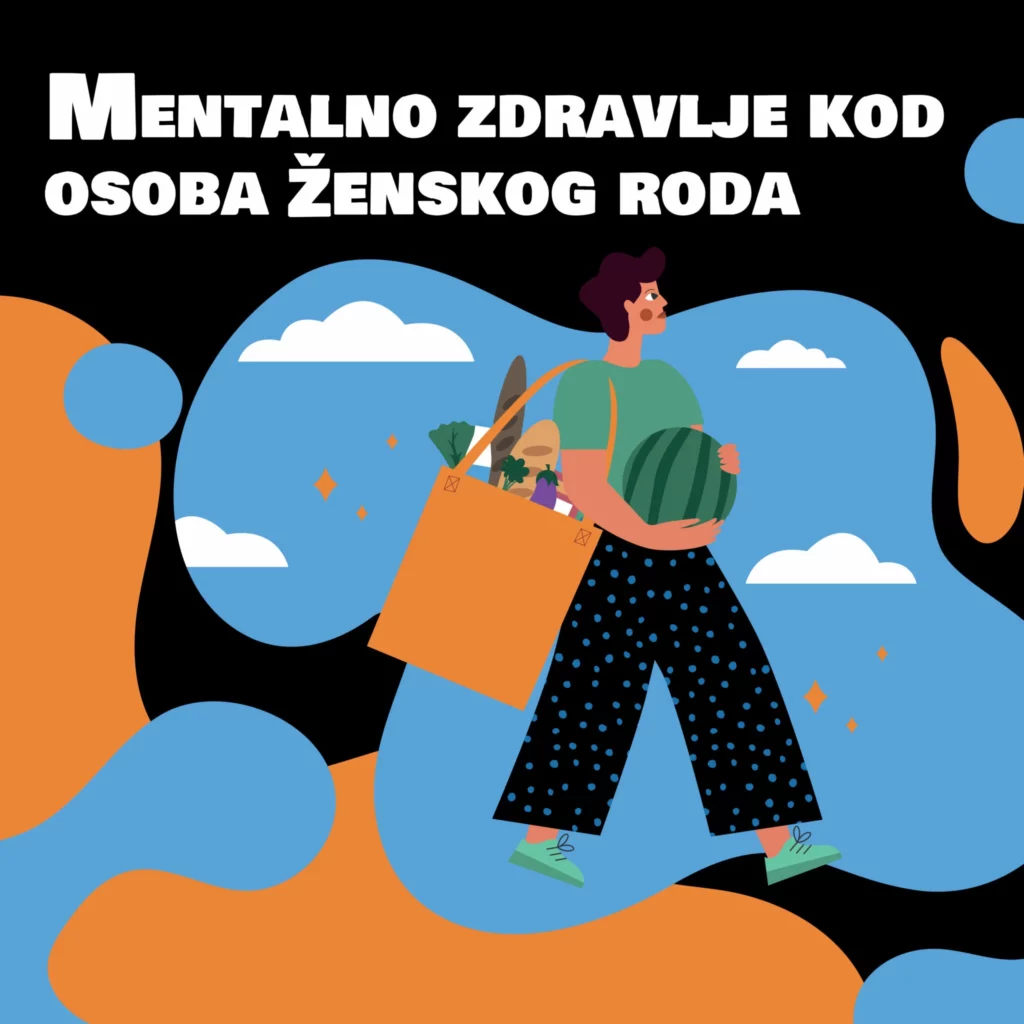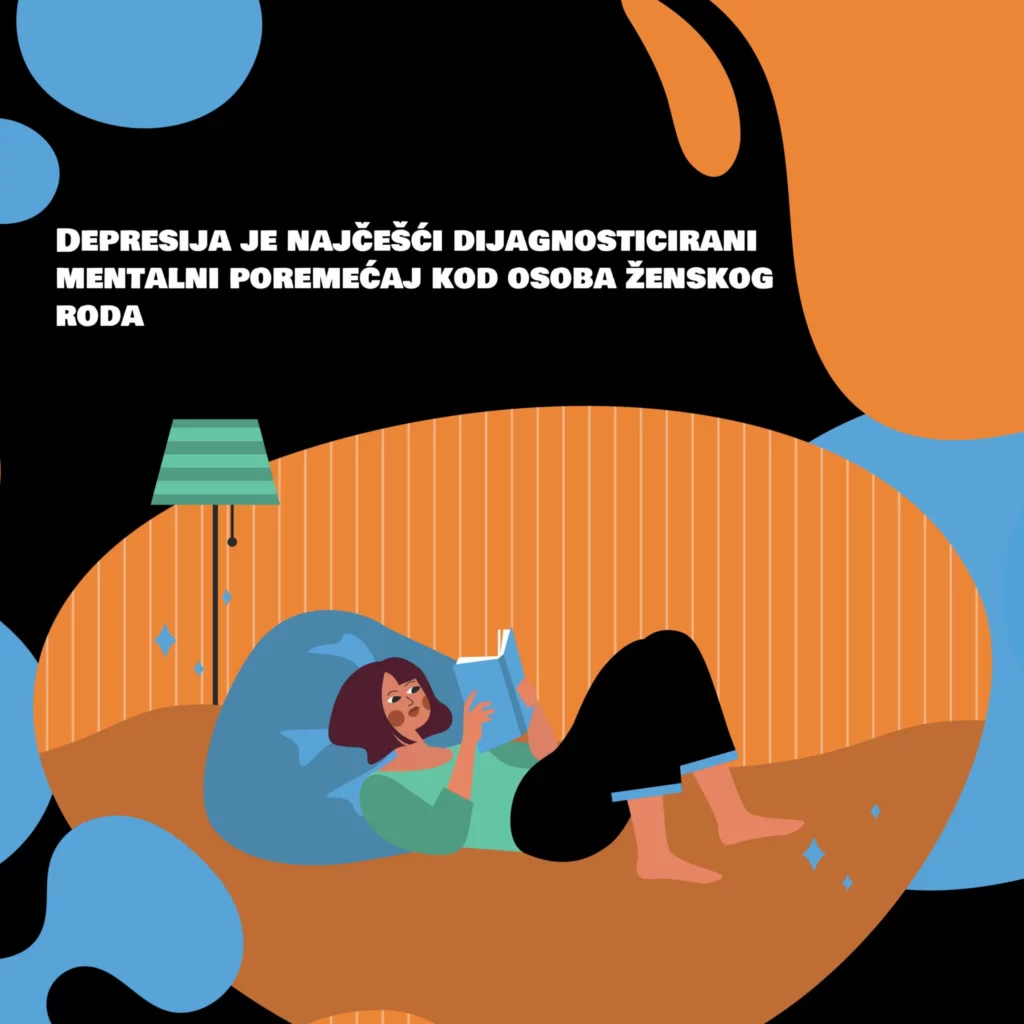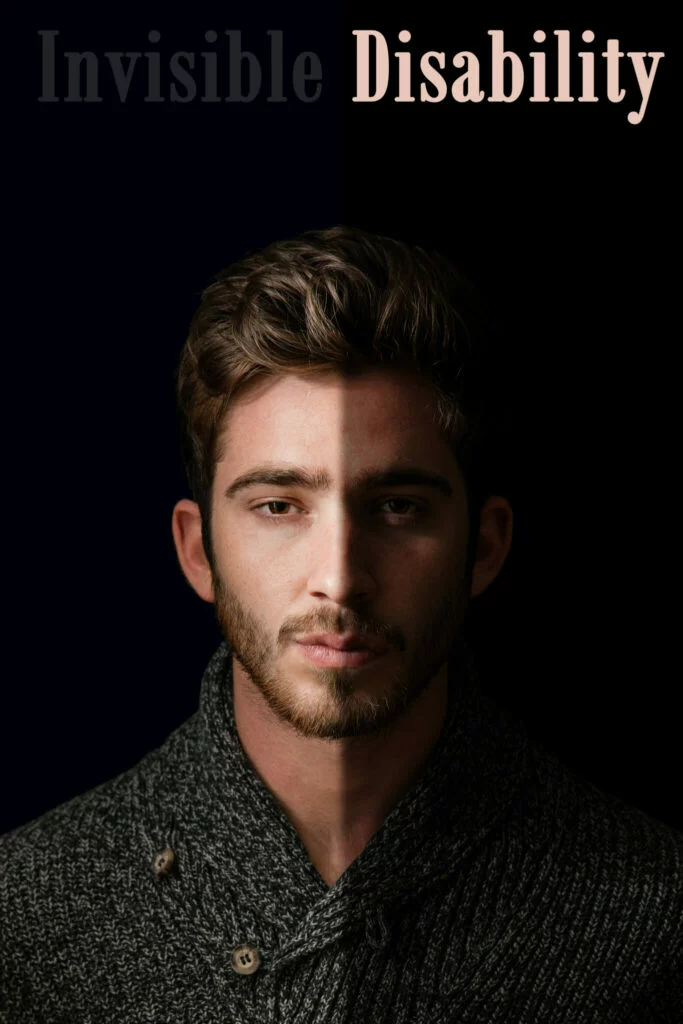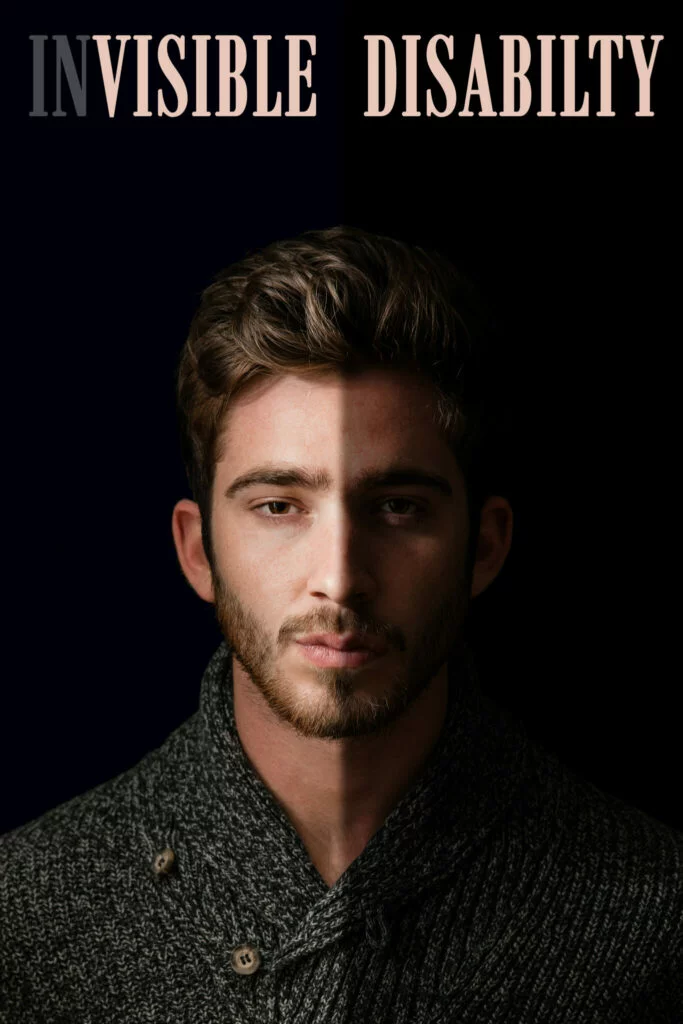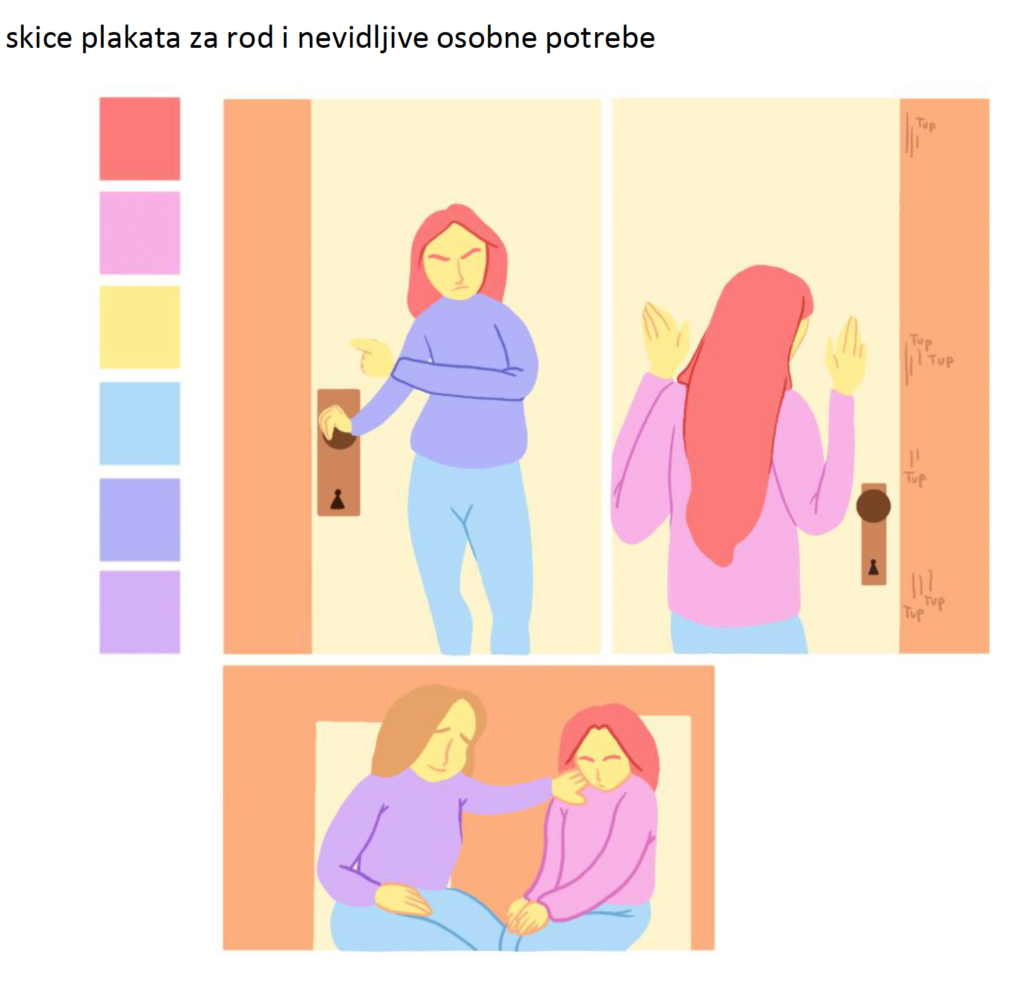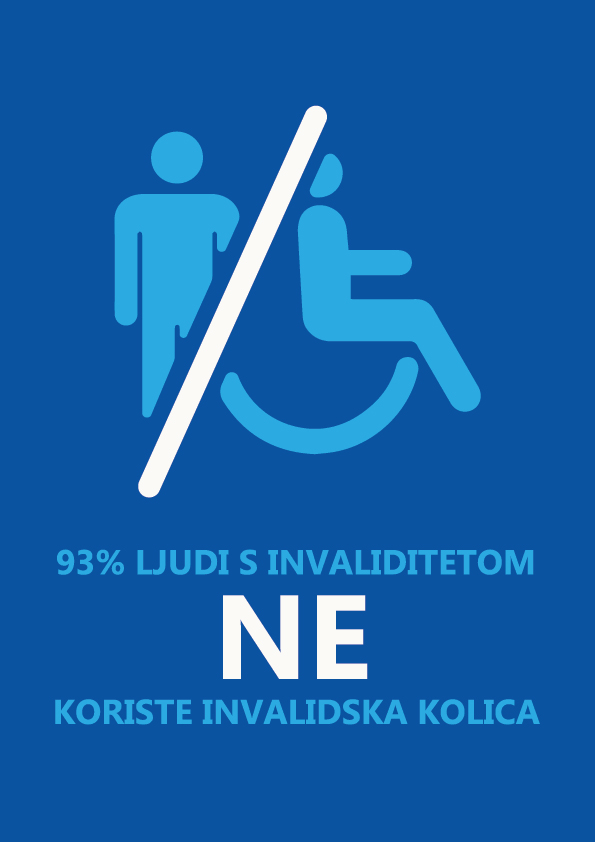As part of the global campaign entitled “16 days of activism against gender-based violence” and the UNIGEM project (University and Gender Mainstreaming) coordinated by the TPO Foundation from Sarajevo, the University of Rijeka organized many activities, in cooperation with teaching and professional staff and students, marking the International Day for the Elimination of Violence against Women and the International Day of Persons with Disabilities.
The first activity included a visit to the Department of Pedagogy of the Faculty of Humanities and Social Sciences in Rijeka, where the members of the university group for the promotion of diversity and inclusive practices – Daria Glavan Šćulac and Sandra Nuždić – gave an interactive lecture on the unconscious bias to first-year graduate students of Pedagogy, as part of the ‘Higher Education Pedagogy’ course. The aim was to familiarize the participants with the concept and consequences of unconscious biases as an obstacle to achieving equal action for individuals and organizations and to encourage them to overcome them, both in everyday life and in performing their duties in the profession of a pedagogue. The interactive lecture was also attended by the course instructor, Prof. Jasminka Ledić, Ph.D., course assistant Ivana Miočić, Ph.D., and postdoctoral student Bojana Vignjević Korotaj, Ph.D., which encouraged reflection on unconscious biases in the context of existing courses and study programs. “In the course Higher Education Pedagogy, which is taught at the graduate study level of pedagogy at the Faculty of Humanities and Social Sciences in Rijeka, there is an open space for shedding light on examples of good practice and opening new topics with a special emphasis on University’s activities that contribute to the development of higher education. The topic contributed to the development of future skills and transferable skills, which stand out in the course,” Prof. Jasminka Ledić pointed out.
The second activity took place at the Academy of Applied Arts of the University of Rijeka.
The modern media approach implies that a picture speaks a thousand words and dominates in determining the meanings that determine our actions. Students of the Academy, as part of their courses ‘Theory and Practice of New Media’ and ‘Semiotics of Images’, under the guidance of Assoc. Prof. Sanja Bojanić, Ph.D., learned how to focus on invisible disabilities and thus mark December 3, 2022, i.e. International Day of Persons with Disabilities. According to Professor Bojanić, the visual game of representing everything that cannot be recognized with the naked eye intends to point out the intersection of gender and different forms of mental and physical ailments that prevent the easy and spontaneous performance of life processes. “In the form of a workshop, with guest Valeria Graziano, a postdoctoral fellow at the Center for Advanced Studies at the University of Rijeka, we learned about various activities that connect Disability Studies and art and design. The visuals created by both female and male students are the result of research, a game of recognition and empathy, in order to understand and accept the principles of diversity in the light of positive values that connect us in life and in the community”, Professor Bojanić concluded.
All student works are available in the gallery below.
The activities are part of the development of the institution’s portfolio of activities that raise awareness of diversity and promote equality at the University of Rijeka and the wider community, and both activities are in accordance with the Gender Equality Plan of the University of Rijeka 2021-2025 and the YUFE Diversity and Inclusivity Strategy.
The UNIGEM regional project is financially supported by the Government of the United Kingdom in Bosnia and Herzegovina and coordinated by the TPO Foundation from Sarajevo in partnership with 19 universities in Bosnia and Herzegovina, Montenegro, Croatia, and Serbia, including the University of Rijeka as a supporting partner.
